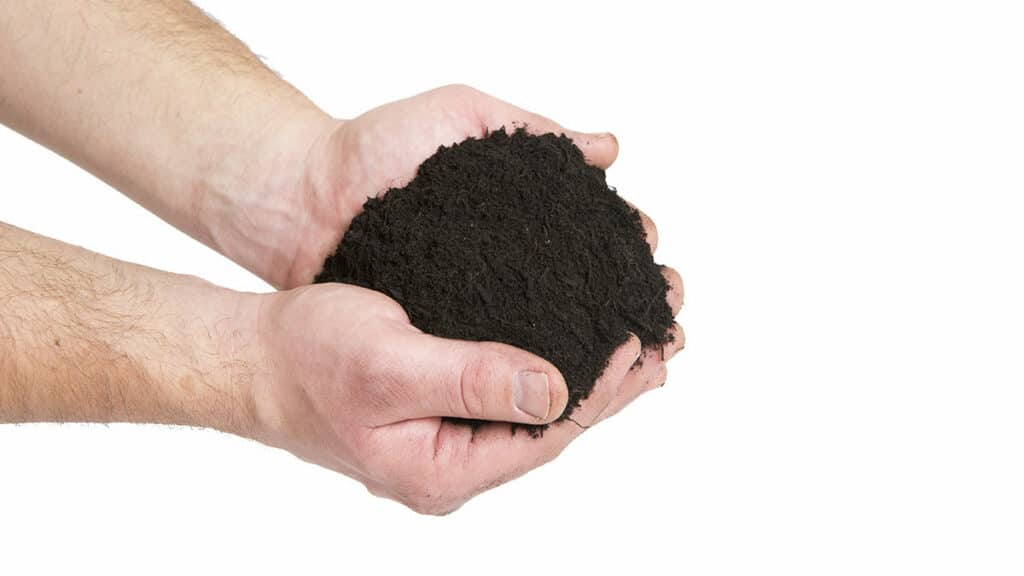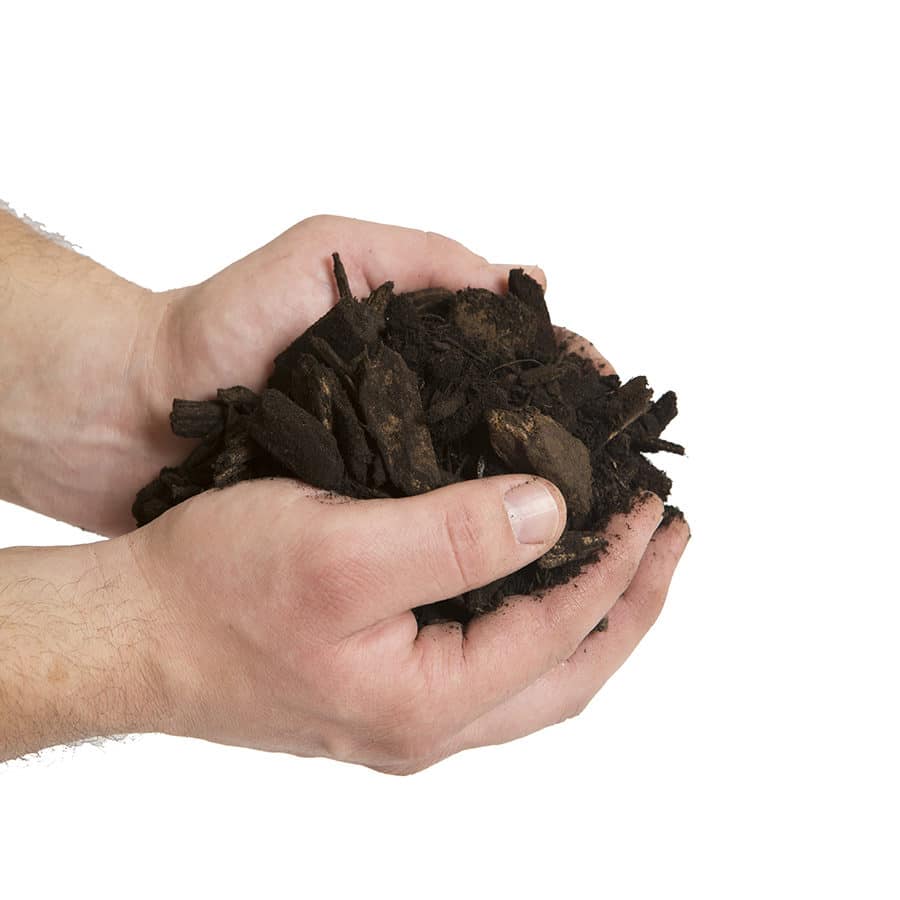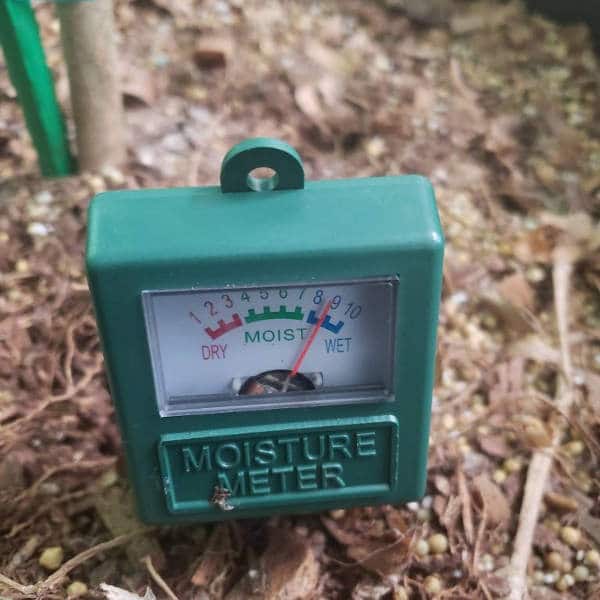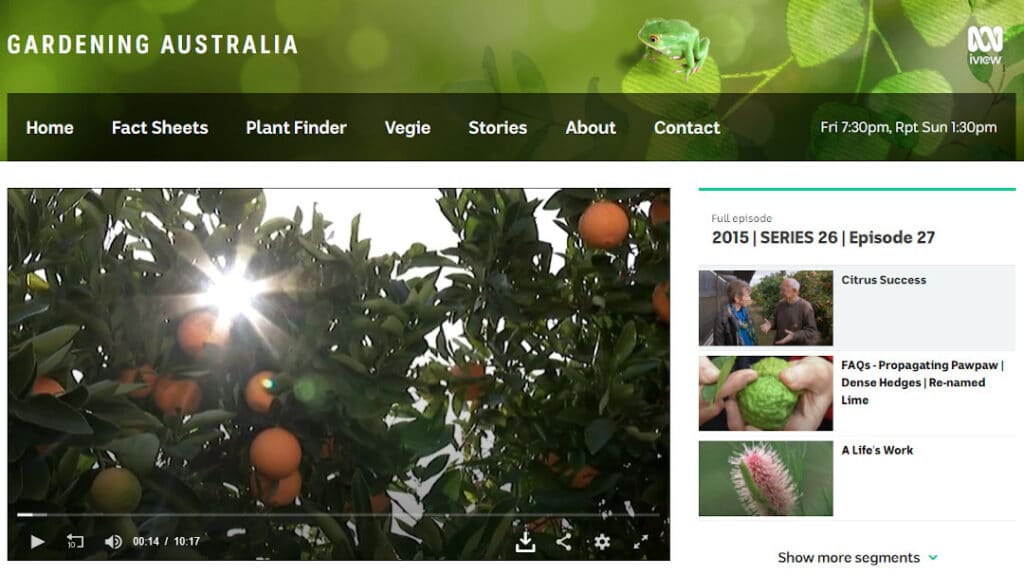No products in the cart yet. Keep shopping.
Gold Star Recyclers – Vilis Family Bakery
Vili's Family Bakery - Gold Star Recycler “I hate waste!” Vili Milisits, South Australian entrepreneur and owner of the iconic Vili’s Bakery, is...

What is wrong with my lemon tree? It is one of the most common questions we hear on talk back gardening. We all love to grow lemons and citrus but they often cause gardeners to become anxious as they sulk, don’t fruit or get deformed leaves. Don’t panic though, there are some simple things that you can do to have fabulous, healthy citrus all year round.
While citrus trees hit the nurseries and garden centres in winter, don’t be fooled. The time to plant citrus in the ground is when the soil is warm – at least 16c. If you can successfully plant tomatoes, that is the time to plant your new citrus tree.

Citrus grow best in well drained and aerated, sandy loams with 50cm or more of topsoil. Not many of us are lucky enough to have perfect soils, so the solution is to choose well draining sites and then prepare them well by digging in plenty of compost, organic matter and well rotted manure. Ideally you would do this in Autumn and then plant in late Spring.
Citrus are hungry plants. They need small, regular applications of nitrogen rich fertiliser in Spring and Summer. Ideally you can use a citrus fertiliser or composted chicken manure.
Citrus roots are close to the surface and if you mulch with an organic mulch to 10cm deep for at least a metre in diameter around the tree (keeping at least 10cm away from the trunk) you will protect the roots from getting dry or hot. An added bonus is that you will prevent weeds. Remember though that when you use Mulch you need to water longer but less frequently as the water needs to get through the mulch to the soil below.


Watch the leaves for signs that the tree needs to be watered. If the leaves are wilting then it needs to be watered.
On established trees feel the leaves.
If they feel warm and leathery then the tree needs a drink.
If they are cool and moist they are ok.
Citrus don’t like wet feet.
A simple and cheap moisture meter will tell you whether your soil is wet, or dry. In summer water your citrus when the reading is between dry and moist for consistent moist soil.
Citrus grow best in Adelaide when the moisture is uniform from September to April.
One of the best ways to water is to use drip irrigation under mulch. This directs the water to the soil and keeps the soil moist for longer.

Ian Tolley and Bruce Morphett in their book “Citrus, A Gardener’s Guide, 2009, recommends the following minimum water requirements for trees planted in soil in Gardens with typical Adelaide climate.

Protect your newly planted citrus tree from wind and from sun. Sophie Thomson makes windbreaks from Hessian for her young citrus, while Ian Tolley paints the trunks of his trees with white, water based, interior house paint to protect them from heat and UV damage while they are young.

Your citrus will tell you when it is deficient in nutrients. The pattern of damage on leaves can tell you if your tree needs nitrogen, manganese or any other nutrients. Take a photo of the leaf to your local nursery for advice, look up symptoms on google, and if all else fails call into talk back gardening!!
Want to know more?
Ian Tolley OA is Australia’s “Mr Citrus”. In this Gardening Australia episode he answers lots of questions about how to plant, water, grow and fertilise your citrus.

https://www.abc.net.au/gardening/factsheets/citrus-success/9437008
Vili's Family Bakery - Gold Star Recycler “I hate waste!” Vili Milisits, South Australian entrepreneur and owner of the iconic Vili’s Bakery, is...
Jeffries CulChar is the perfect organic fertiliser for garden beds, lawns and native plants: with the added benefits of our secret ingredient.
Jeffries latest innovation, Jeffries CulChar, is a complete, certified organic, slow-release fertiliser, including essential trace elements and minerals. The inclusion of Jeffries BioChar works together with the organic carbon of the included compost as a long-term soil conditioner. Jeffries CulChar is a very complete and cost-effective nutritional offer that is safe to use in direct contact with plants and their root systems.
Let’s take a closer look at how Jeffries CulChar works and compare how it performs next to other organic fertiliser alternatives.
There’s no denying that Jeffries Organic Compost is a useful soil amendment. Among its many benefits, it improves aggregate formation, porosity,...